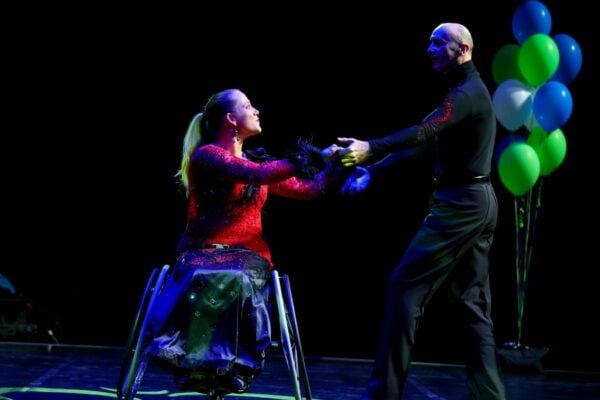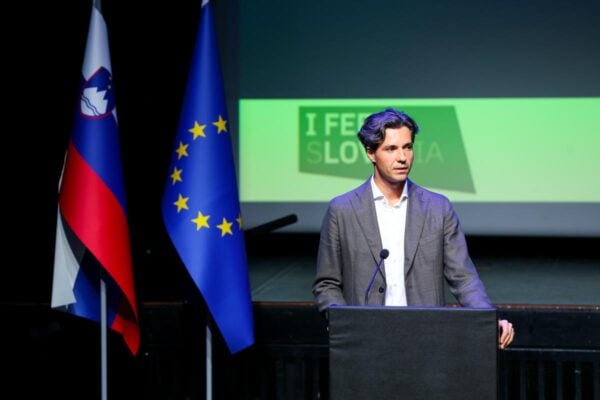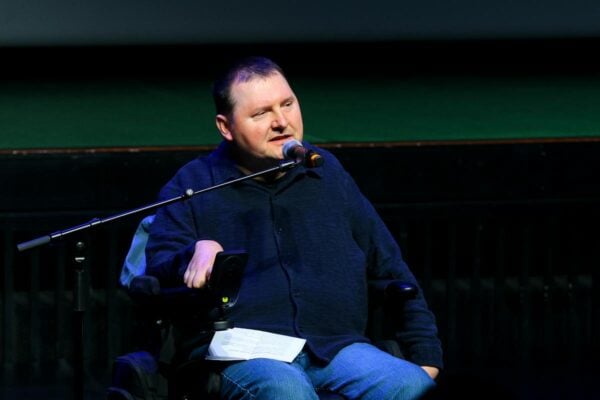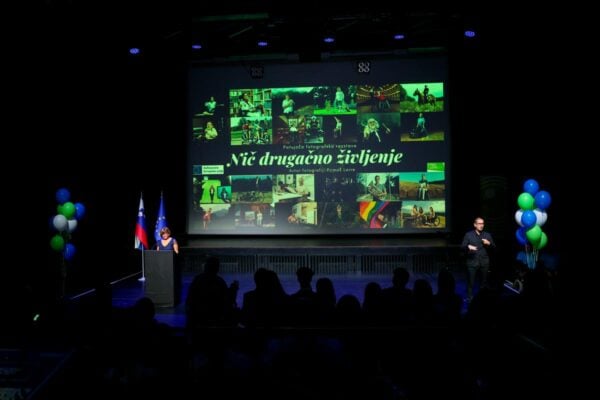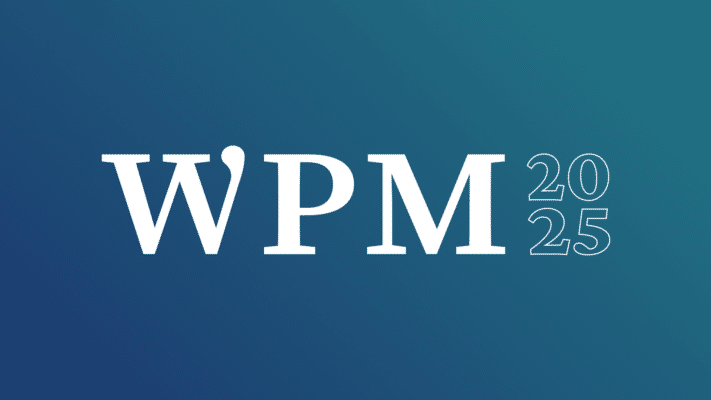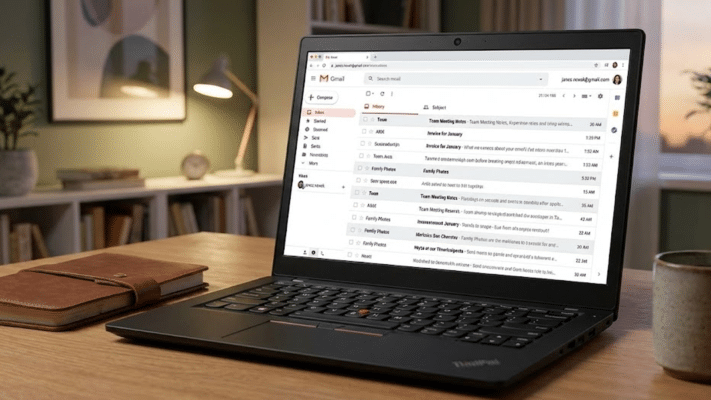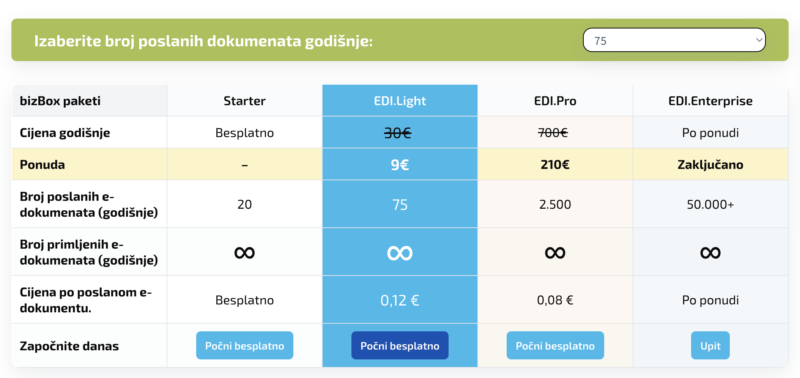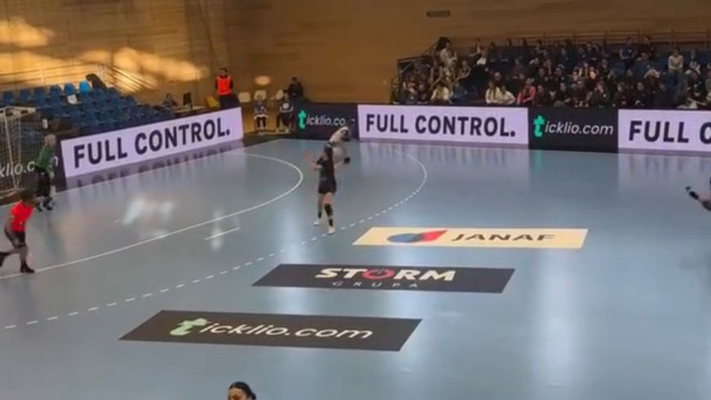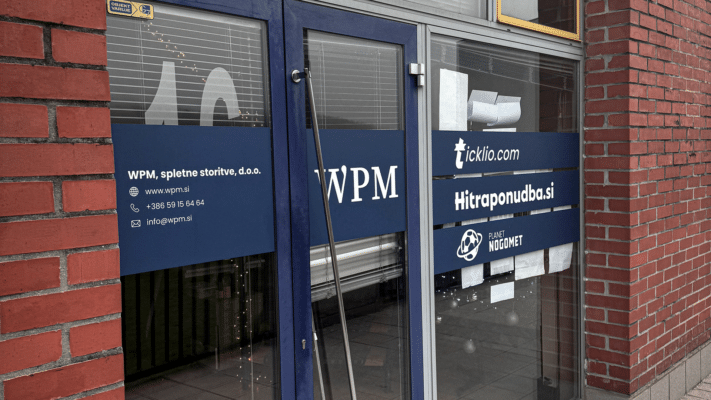Last week, a ceremonial event was held at Kino Šiška to mark the conclusion of the Nationwide Campaign on Raising Awareness of the Social Inclusion of People with Disabilities, led by the National Council of Disability Organizations of Slovenia (NSIOS). The event combined art, personal stories, and community spirit, highlighting how diverse abilities enrich society. Among the guests were Prime Minister Dr. Robert Golob and Minister Luka Mesec, who expressed their support for the project and the continued development of an inclusive society.
European Disability Card: A Digital Story of Accessibility and Connection
For several years, Slovenia has been running the European Disability Card project, which enables people with disabilities to enjoy easier access to benefits in the fields of transport, tourism, culture, sports, and leisure. The card is proof that digital tools can connect people, simplify everyday life, and contribute to a more inclusive society.
The project is led by the Ministry of Labour, Family, Social Affairs and Equal Opportunities (MDDSZEN) in cooperation with the National Council of Disability Organizations of Slovenia (NSIOS), the Ministry of Public Administration (MJU), and Administrative Units (UE), which issue the cards to applicants across the country.
A Card That Connects Providers and Users
The European Disability Card allows individuals with officially recognized disabilities to access a variety of benefits from partner providers in Slovenia and across the European Union. On the online portal, users can find provider contacts, descriptions of available benefits, and an interactive map with an advanced search function that makes it easy to find exactly what they need.
In the “What are you looking for” field, users can enter the type of organization or benefit, while in the “Where are you looking” field, they can select a location from a dropdown list. This makes the system truly user-friendly, transparent, and accessible to everyone.
Our Role: Reliable Technology for an Accessible Experience
As a digital partner, WPM took charge of the technical redevelopment and ongoing support for the European Disability Card website and mobile applications. Our goal was to ensure that the digital solution is fully accessible, secure, and easy to use.
The website was redesigned according to WCAG 2.2 standards, making the content readable and accessible to users with various types of disabilities — featuring clear contrasts, adjustable font sizes, screen reader compatibility, and intuitive navigation.
In addition, during the course of the project, 183 new benefit providers were added, expanding the network of accessible services across Slovenia.
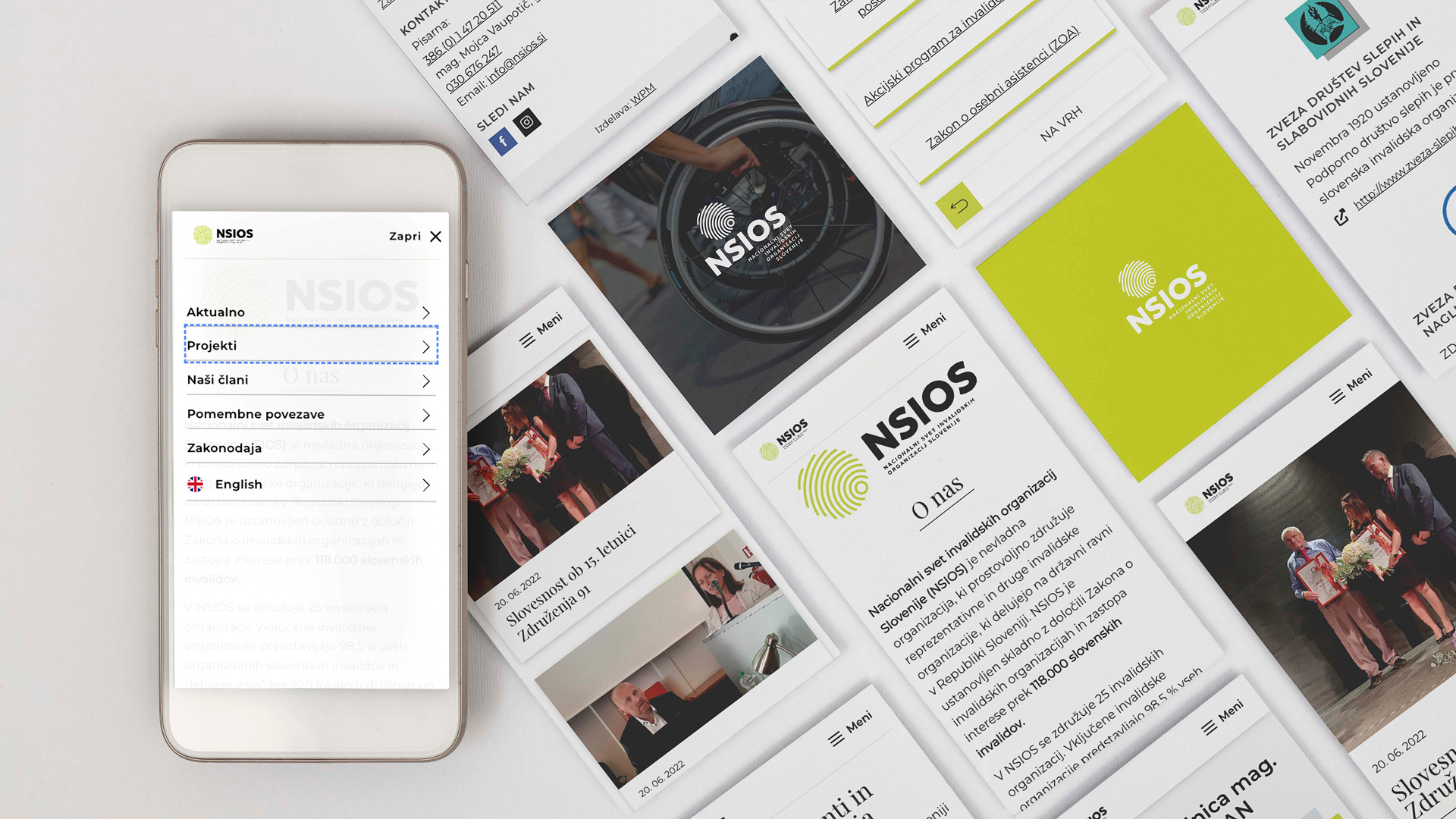
Mobile App: Access to Benefits Anywhere
To ensure accessibility anytime and anywhere, we developed mobile applications for Android and iOS. These apps allow users to quickly browse providers and their benefits, navigate to locations, and access up-to-date information in real time. We continuously perform security and functionality upgrades to keep the experience stable, reliable, and simple for all disability card users.
A Campaign That United Slovenia
As part of the project, the Nationwide Campaign on Raising Awareness of the Social Inclusion of People with Disabilities, led by NSIOS, spread the message that an inclusive society is a society of the future — through art, personal stories, and media engagement.
The campaign’s central feature was the photo exhibition “Not a Different Life” by photographer Primož Lavre, showcasing 25 individuals with different types of disabilities. Their stories traveled across Slovenia — from public spaces to the media — and even reached the United Nations Headquarters in New York, where Slovenia was recognized as an example of good practice.
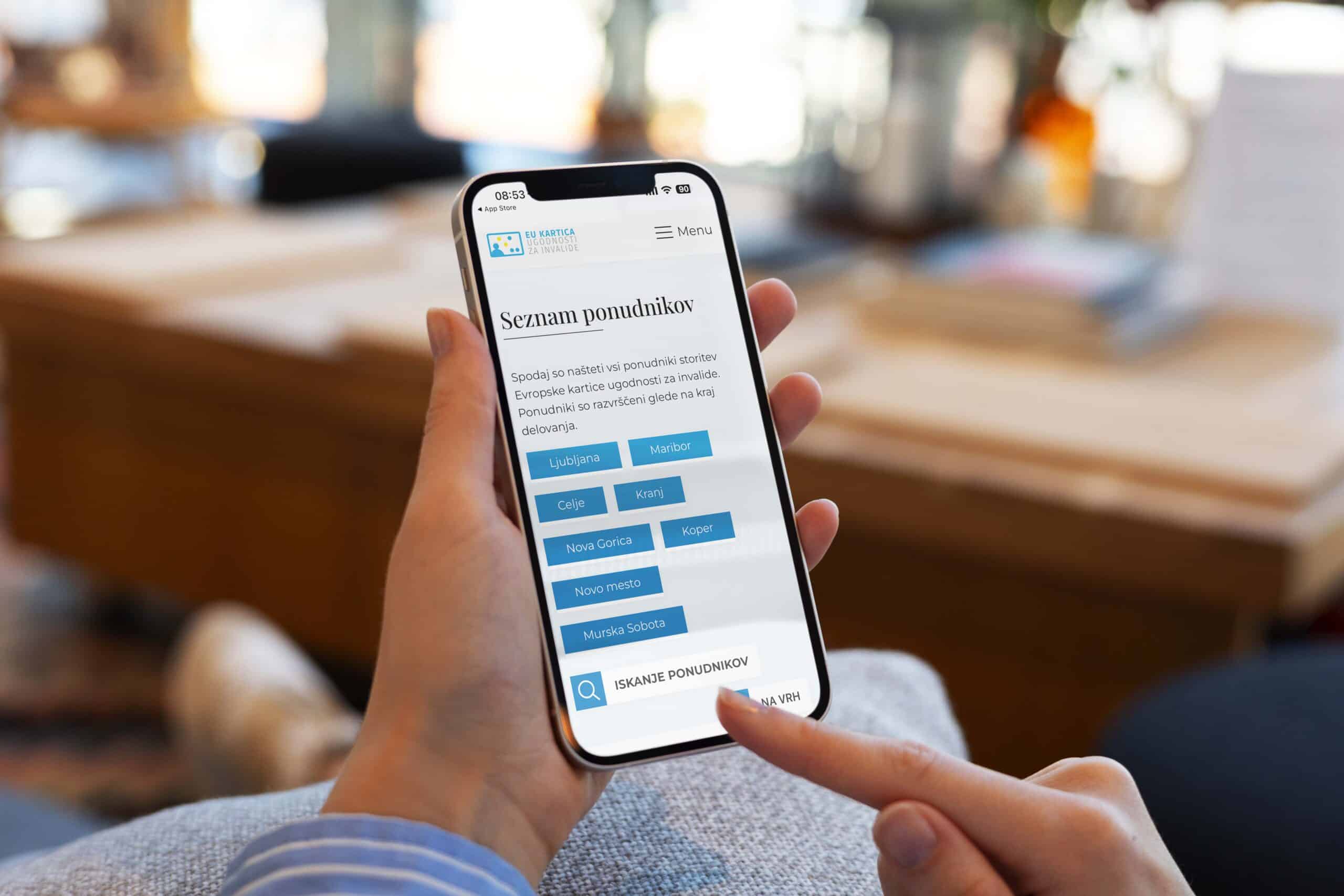
Learning and Collaboration for the Future
The project included “Disabled, That’s Me” workshops in schools, the Mini Acting School, and various educational activities that strengthened understanding and acceptance of diversity. At the same time, the Urban Planning Institute of the Republic of Slovenia (UIRS) assessed over 100 providers in terms of facility accessibility, contributing to the long-term improvement of user experience.
